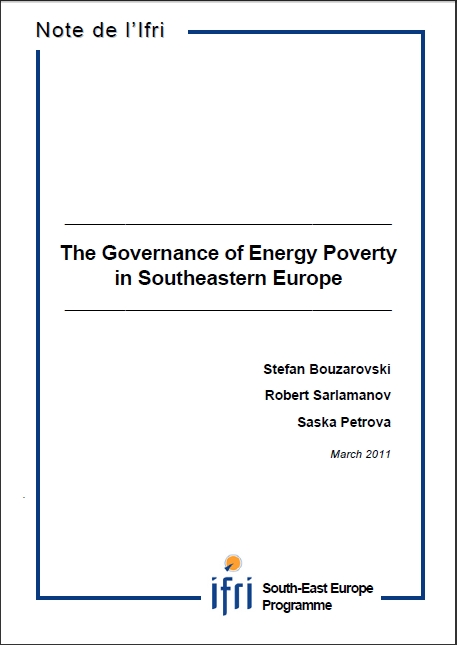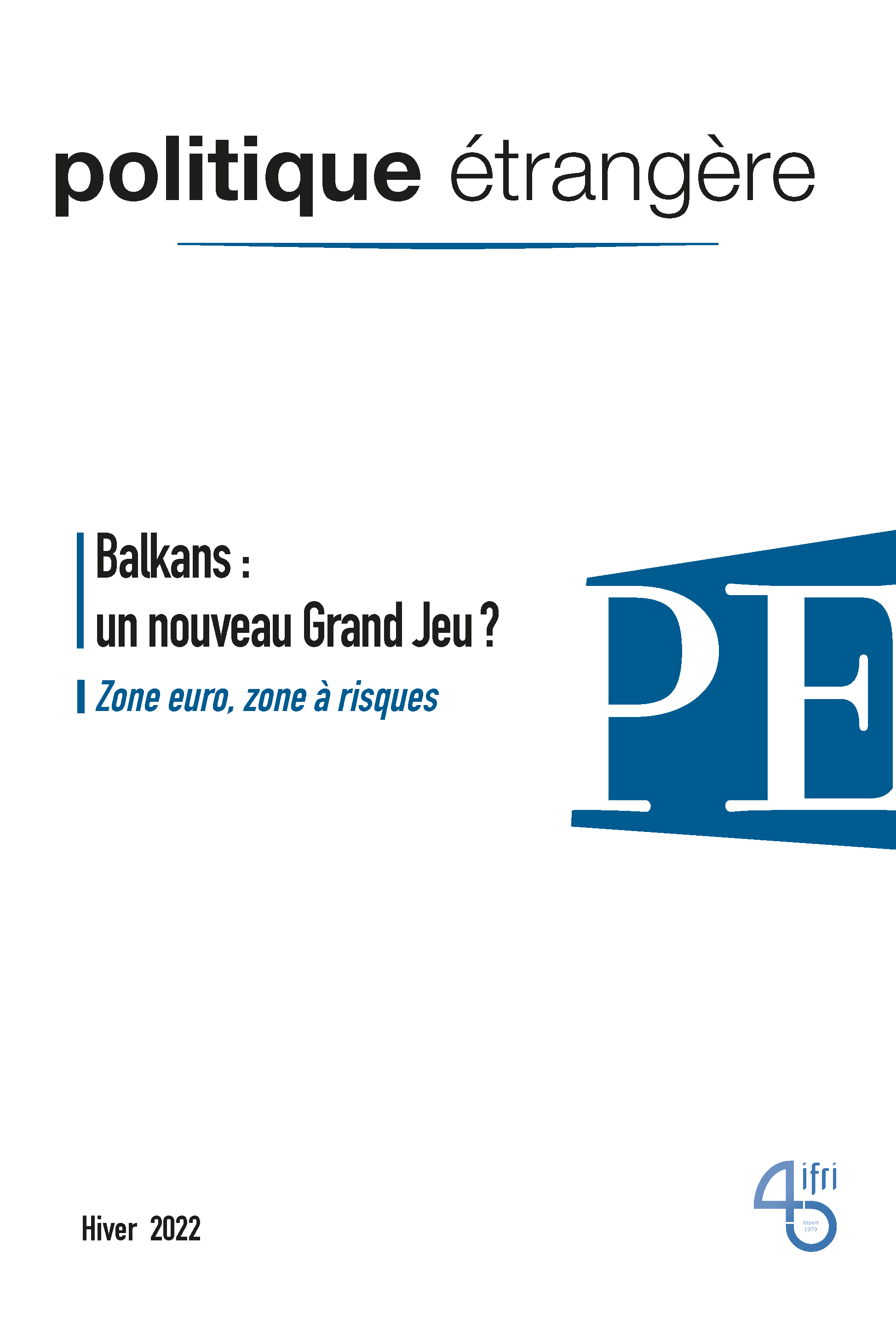The Governance of Energy Poverty in Southeastern Europe

This report presents the outcomes of a recently-completed research project1 aimed at uncovering the different ways in which energy poverty – understood as a condition wherein the domestic energy services available to a household are below socially and materially necessitated levels – is produced by, and mitigated through, the interaction of relevant decision-making institutions in the energy, social welfare, health and housing domains. The project focused on conditions in Southeastern Europe, where energy prices have been recently on the rise despite falling incomes and poor access to efficient and adequate energy services.
We explored the legal frameworks and governance practices that underpin energy poverty related policies the Republic of Macedonia and Bulgaria: two neighboring countries at different development stages in terms of the state’s regulatory capacity to support households vulnerable to energy deprivation. Data was gathered and analyzed with the aid of interviews with decision-makers, as well as a review of written legal and policy documents. The broad-level patterns of energy poverty in both countries were established with the aid of analyses of published statistical data, and findings from the secondary literature.
The findings of the study revealed that both states have moved from a reactive policy regime - entailing a slow process of energy liberalization and privatization due to social welfare concerns, gradual energy price increases, and the inadequate development of targeted social welfare programs – towards a more proactive approach, which has involved the strengthening and expansion of social safety nets, accompanied by the introduction of comprehensive measures such as block tariffs and direct earmarked support. Even though the shift from one regime to the other has taken place at a much faster and stronger pace in Bulgaria, both states still lack targeted residential energy efficiency programs for vulnerable households, and the flow of knowledge and expertise towards and among state institutions remains narrow and untransparent. In the Republic of Macedonia and Bulgaria alike, the state has found it difficult to determine which households need energy poverty-related social support, and to what extent. State housing policy remains underdeveloped and poorly co-ordinated, and there is inadequate cooperation with local government and NGOs, especially in the Republic of Macedonia. At the same time, the state institutions that have traditionally had a strong institutionally embedded role in setting social policy have a disproportionately powerful role in formulating and implementing energy poverty support. In addition to these issues, which are more or less common for both states, the Republic of Macedonia suffers from a bureaucratized, overregulated and politically ineffective decision-making process, characterized by a lack of effective co-operation among state and non-state actors.?

Available in:
Regions and themes
ISBN / ISSN
Share
Download the full analysis
This page contains only a summary of our work. If you would like to have access to all the information from our research on the subject, you can download the full version in PDF format.
The Governance of Energy Poverty in Southeastern Europe
Related centers and programs
Discover our other research centers and programsFind out more
Discover all our analyses
The Balkans: A New Great Game?
What political spaces make up the Old Continent? This question is at the heart of the Ukrainian conflict.
The European Union: Caught Between the United States and China
The United States and the European Union (EU) are now both in agreement regarding China – long viewed benevolently – as a systemic rival in the international order.
Serbia moving ahead towards trade liberalization with EU?
An Interim Agreement on Trade and Trade related aspects (ITA), signed between the European Community and Serbia in April 2008, entered into force on February 1, 2010. This ITA, as a part of the Stabilization and Association Agreement, “establishes a bilateral free trade area over a period lasting a maximum of six years starting from the entry into force of this Agreement in accordance with the provisions of this Agreement and in conformity with those of the GATT 1994 and the WTO”.






